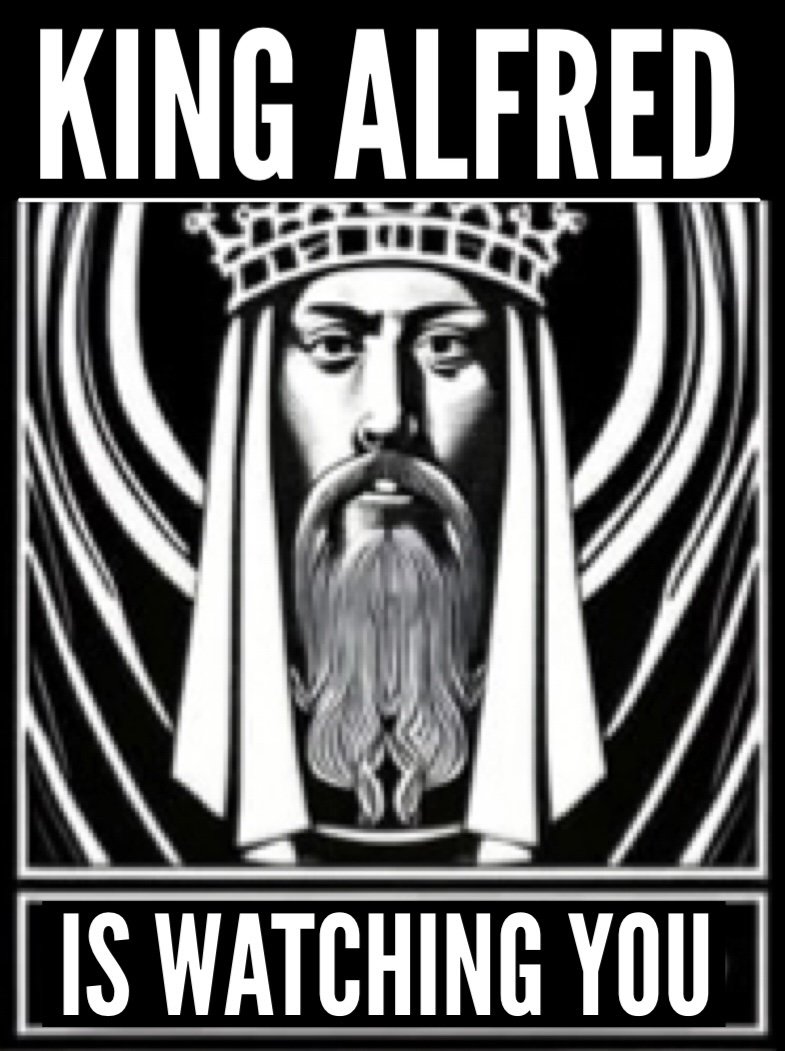My problems with Glass Onion
/Benoit Blanc in Glass Onion: “No, it’s just dumb!” Note the literal lampshade.
I’ve mentioned twice now, once in my initial review and once in my 2022 at the movies post, that I had some nagging misgivings about Rian Johnson’s latest Benoit Blanc mystery, Glass Onion. I’ve been mulling those problems over ever since I saw the movie around Thanksgiving and wondering whether I should ever try to work through them in writing. Well, a couple weeks ago my friend Danny Anderson of The Sectarian Review offered a short, pointed critique of the film that I’ve taken as permission and encouragement to do the same.
As I wrote at the time I first saw Glass Onion, I can’t lay out my problems with it without giving too much away, so consider this a spoiler warning.
Briefly, what I most admired and enjoyed about the film when I first saw it was its intricate structure and its humor. I think I mostly stand by that, though what I remember of the humor has somewhat soured on me since I first saw it. We’ll get to my deeper problems momentarily.
In his post, Danny faults Glass Onion for being clever but hollow, for jerking the audience around by offering a mystery without an actual mystery, and for its self-righteous indulgence in pillorying shallow, cartoonish characters.
Any disagreements I have with Danny’s assessment are only in degree, not kind. Or to put it another way, I agree with every point here, albeit with differing levels of intensity. To take these one at a time:
Glass Onion’s structure still impresses me, but as other elements of the story have continued to bother me I’ve come to see the film’s fugue-like transparent layers as unworthy of the story it tells. It’s like a perfectly crafted sonnet in praise of cannibalism.
I agree completely with Danny about the way the film manipulates the audience. Johnson’s self-awareness, the constant calling of attention to storytelling conventions and what he is doing, goes beyond the tongue-in-cheek or the meta to the pathological. Johnson displays an utter contempt not only for the characters he creates—leading one to ask “Why bother?”—but for his audience. Again, why bother? Is this purely about showing off?
Danny’s last criticism, Johnson’s political point-scoring via ridiculous caricature, is where he spends most of his time, and while I agree completely on this point the characters bother me somewhat less because Glass Onion is pretty clearly a farce. For all the music-box intricacy of his plotting, Johnson doesn’t deal in nuance when it comes to human beings. I don’t necessarily like that (note that in my original review I described every character as “annoying”) but I’m willing to give it a pass purely for the sake of the genre.
To these I would add a few more misgivings of my own, some minor and technical but others, like Danny’s most serious complaints, what John Gardner called “faults of soul.”
First, and related to Danny’s point that Johnson continuously plays false with the viewer, Glass Onion breaks some of the classic rules of fair play in a whodunit story—namely Ronald Knox’s ten commandments of detective stories. The film bends or breaks several of these, as you can read about in greater detail here, including artificially withholding important clues. But the biggest and clearest cheat is against rule ten: “Twin brothers, and doubles generally, must not appear unless we have been duly prepared for them.” Compare The Prestige, a film in which twins are part of the mystery’s solution and Christopher Nolan sets this revelation up expertly.
Two possible rejoinders occur to me: First, that rules are made to be broken, a point I’ve made plenty of times myself. Agatha Christie rather famously violated a number of Knox’s rules. And second, Glass Onion is not really a whodunit after all, but a combination revenge story/heist caper. To these I say: Rian Johnson is no Agatha Christie, who could match her mastery of plot and boldness in experiment with genuine compassion and a keen understanding of human nature; and to argue that presenting the audience with a mystery but having it turn out to be something else is just another dodge. And don’t make me bring up “subverting expectations.”
Second, and related to Danny’s argument about political point-scoring, there is Johnson’s obvious and already much commented-upon pandering to leftwing identity politics. But this is so much the norm for Hollywood now that it feels pointless to complain about. (Interestingly, both Danny and I discerned that Johnson’s worldview is shaped entirely too much by the anti-discourse of Twitter, a point that even made its way into the Honest Trailers spoof of Glass Onion.)
But—to use the same note about politics as a jumping-off point—my most serious misgivings always had to do with the climax of the film. When the aggrieved Andi finds her mission of vengeance stymied by Miles Bron and company, she simply starts smashing his collection of glass curios, a spree of vandalism that culminates in a (somehow) non-lethal explosion that destroys Bron’s glass onion house, an act Andi can only top by deliberately destroying the Mona Lisa.
Remember Johnson’s political pandering, and the strawmen he has peopled his film with, and remember as well that Glass Onion takes place in the late spring of 2020, a setting Johnson is not only mining for quarantine and masking jokes. I’d wager that a climax in which injustice is not corrected but simply reacted to with a childish tantrum—by breaking other people’s stuff, setting things on fire, and destroying art—is not coincidental. And I’d argue absolutely that this is an instinct that does not need to be encouraged, much less held up as the satisfying final act of a drama of theft and restoration.
So the more I’ve reflected on Glass Onion, the more it’s struck me as precisely what Danny described in his post: hollow and self-satisfied, slick but contemptuous, a triumph of “precociousness over substance,” and a marriage of political shallowness with irresponsible virtue signaling. And these problems—“faults of soul,” as I mentioned above—originate with the film’s creator.
As so often, Chesterton comes to mind: “A good novel tells us the truth about its hero; but a bad novel tells us the truth about its author.”









